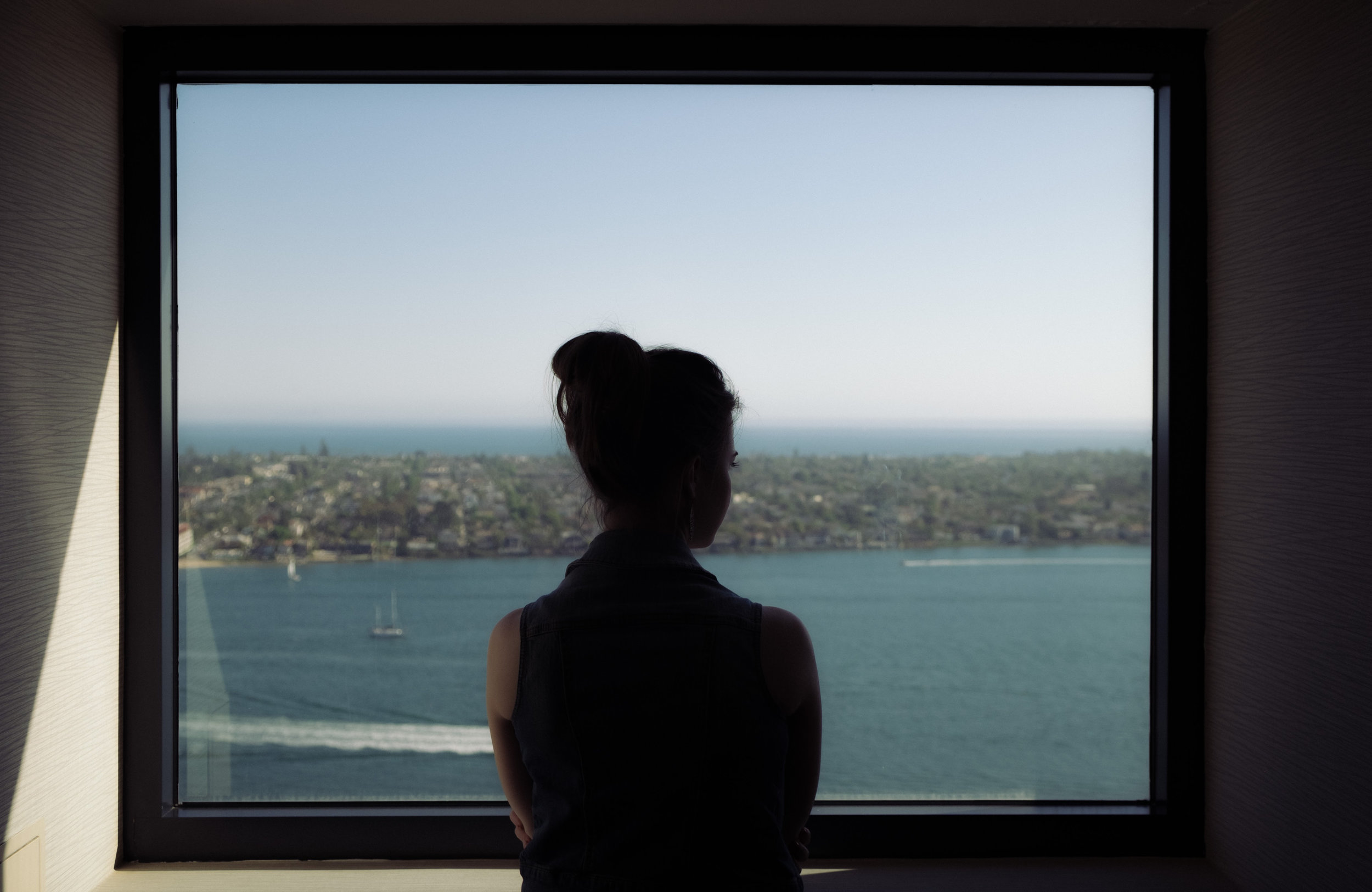Image: Jad Limcaco, Unsplash
HOW CAN I HELP SOMEONE FACING DIVORCE IN ISLAM?
Emma asked a tricky question about supporting Muslim families in her community:
“How can I help someone facing divorce in Islam? ”
Dear Mahabba,
I know of a lady who has recently experienced what I'm told is an Islamic divorce. It is quite a difficult and complicated situation, but do you know anything about her human rights, in terms of her divorce, and whether she is entitled to anything, or if anyone knows of anyone that might be able to give her some advice.
Thank you!
Our response
This is another question to which it is hard to give a definitive answer, but again individuals from our online community, The City, have had some helpful suggestions.
Contact the Muslim Women's Network
You can find some information from this solicitor, but my advice is to contact the Muslim Women’s Network. It has challenged traditional Islamic practices with regard to women and also has a helpline that deals with these issues constantly. It has a helpful factsheet on Islamic marriage.
There is an active parliamentary enquiry into Shariah councils and their effect on women. It is collecting evidence and cases such as the one you mentioned are crucial to its investigation. Naz Shah, the MP for Bradford West, is very active on this committee and in her constituency.
Hope Projects
I know this charity, Hope Projects, that supports asylum seekers and refugees has good solicitors - maybe they know about Islamic divorce.
Citizens Advice Bureau
It may be the case that the Islamic divorce (talaq) is invalid under British law, depending on where the marriage occurred. She should certainly get legal advice as a first step before accepting or signing anything.
She should also seek advice from Citizens Advice to check her rights to social housing or Job Seekers Allowance, again, depending on her circumstances.
Citizens Advice is probably the best place for her to talk to someone in the first instance, as there are many variables here. She should take her documentation (passport, Home Office papers, divorce document etc). One visit will not usually be enough to sort things through.
Many offices will have Urdu/Punjabi/Mirpuri-speakers, if her level of English is an issue.
Offer Christian love and accommodation
An alternative to referring her to Islamic agency would be to provide her with accommodation from fellow believers and show her the love of Jesus.
This lady needs love and safety, so this is an opportunity to to show Jesus to her. There are many Asian Christians to ask regarding how to relate to her, and love in practice speaks volumes.
Refer to specialists for help, but pray
This lady needs love from fellow believers, as Emma has already shown through her concern. At the same time, this issue needs specialist help from people who are dealing with this problem daily, such as MWN (see above). The organisation is in contact with government agencies (they brought this problem to the government’s attention initially).
As we’ve seen with other cases where women and Islamic values are concerned, the government and its agencies are not always confident to deal with what they call ‘cultural issues.’ Working through a Muslim organisation that is against injustice towards women because they can help overcome PC sensitivities.
This does not mean that Christians should absolve themselves. It means that they continue to walk this road with her while they try to get the best help they can. MWN can look after the technical and legal aspects while Christians provide material and spiritual support, together with immense prayer.
A further note on Islamic divorce (talaq)
The triple talaq is mainstream, and many people suffer a lot of anguish as a result of it.
The thing that’s not mainstream is the halala (marrying another man, sleeping with him, being divorced by that man, and then re-marrying your first husband). Think of the shame (if it gets out, which it probably will) of allowing/encouraging your wife to have sex with another man in order to be reconciled – after your own rash words in a fit of temper. However, according to Shariah, it’s the only way that a man and his ex-wife can get back together.
A mufti (scholar who gives rulings on specific issues) has shared with me that he often has enquiries from husbands and wives who want to be reconciled after a triple talaq. They often ask that he declare that the talaq is invalid. He usually has to rule that it is valid and halala is the only solution. He does so with a heavy heart…
I understand that this law was actually designed for the protection of wives. Apparently, in Arabia at that time, wives were being divorced with just saying the word “talaq” once. Later on the husbands would take their wives back at their whim. This could happen many times. So Shariah ordains that:
- One talaq is not enough, three are required
- Talaq a serious business, not just reversible at whim
There is disagreement among scholars as to whether all three talaqs can be spoken or written at exactly the same time, or whether three separate occasions are required.


